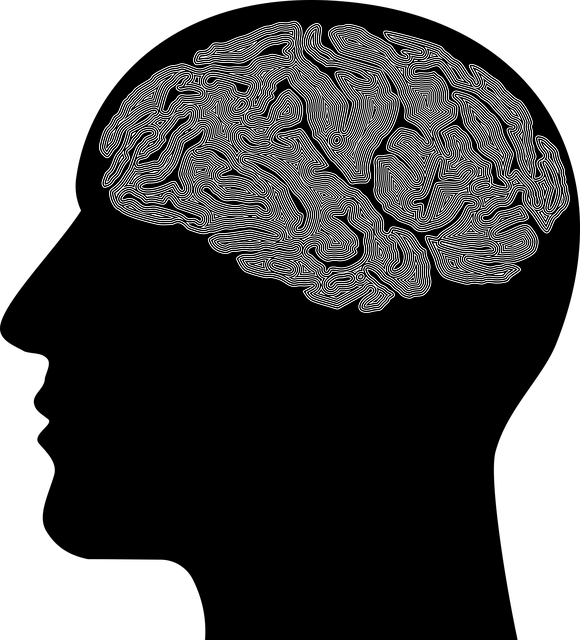In today’s fast-paced world, self-care is not a luxury but a necessity. This comprehensive guide explores how prioritizing self-care can significantly impact mental health and overall well-being. We delve into understanding self-care, identifying personal needs, and implementing practical strategies for daily routines. Additionally, we address barriers to consistent practices, offering tailored tips for managing OCD, ensuring that everyone, including those in Lakewood seeking obsessive-compulsive disorder (OCD) therapy, can access effective self-care techniques.
- Understanding Self-Care and its Impact on Mental Health
- Identifying Personal Needs: A Key Step in Self-Care Improvement
- Practical Strategies for Integrating Daily Self-Care Routines
- Overcoming Barriers: Tips for Maintaining Consistent Self-Care Practices with OCD Considerations
Understanding Self-Care and its Impact on Mental Health

Identifying Personal Needs: A Key Step in Self-Care Improvement

Identifying your personal needs is a fundamental step in enhancing self-care practices. It’s akin to navigating a labyrinth—you must first understand where you are and what you require to feel balanced and well. This involves introspecting to recognize physical, mental, and emotional cues your body sends. For instance, regular symptoms of stress or anxiety could indicate a need for better relaxation techniques like mindfulness meditation.
In the context of Lakewood Obsessive Compulsive Disorder (OCD) therapy, this step takes on added significance. A thorough understanding of personal needs—be it managing OCD symptoms, improving sleep patterns, or cultivating healthier coping mechanisms—is crucial. This knowledge guides both individuals and their healthcare providers in crafting tailored strategies, ensuring effective treatment. Moreover, considering cultural competency training for your healthcare provider can enhance this process, fostering an environment where diverse needs are met with sensitivity and expertise.
Practical Strategies for Integrating Daily Self-Care Routines

Overcoming Barriers: Tips for Maintaining Consistent Self-Care Practices with OCD Considerations

Overcoming barriers to consistent self-care practices can be particularly challenging for individuals managing OCD. The rigid routines and intrusive thoughts often associated with this mental illness can make even simple tasks feel overwhelming. However, integrating self-care becomes a powerful tool in navigating OCD symptoms and fostering well-being.
Tips for maintaining consistency include setting achievable goals, scheduling self-care activities as non-negotiable appointments, and creating structured yet flexible routines. Maintaining a supportive network through therapy or support groups can also help reduce the stigma surrounding mental illness, encouraging openness about struggles and promoting positive thinking. Lakewood Obsessive Compulsive Disorder Therapy, for instance, offers specialized approaches to address these unique challenges, ultimately enabling individuals to thrive through improved self-care practices.
Self-care is a powerful tool for enhancing mental health and overall well-being, as evidenced by the benefits discussed in this article. By understanding the impact of self-care and identifying personal needs, individuals can create meaningful daily routines. Practical strategies outlined here offer a roadmap to integration, ensuring self-care becomes an accessible and consistent practice. For those managing OCD, overcoming barriers is achievable through tailored tips, allowing them to embrace self-care as a transformative journey towards improved mental health, much like Lakewood Obsessive Compulsive Disorder Therapy offers personalized support for a more balanced life.














